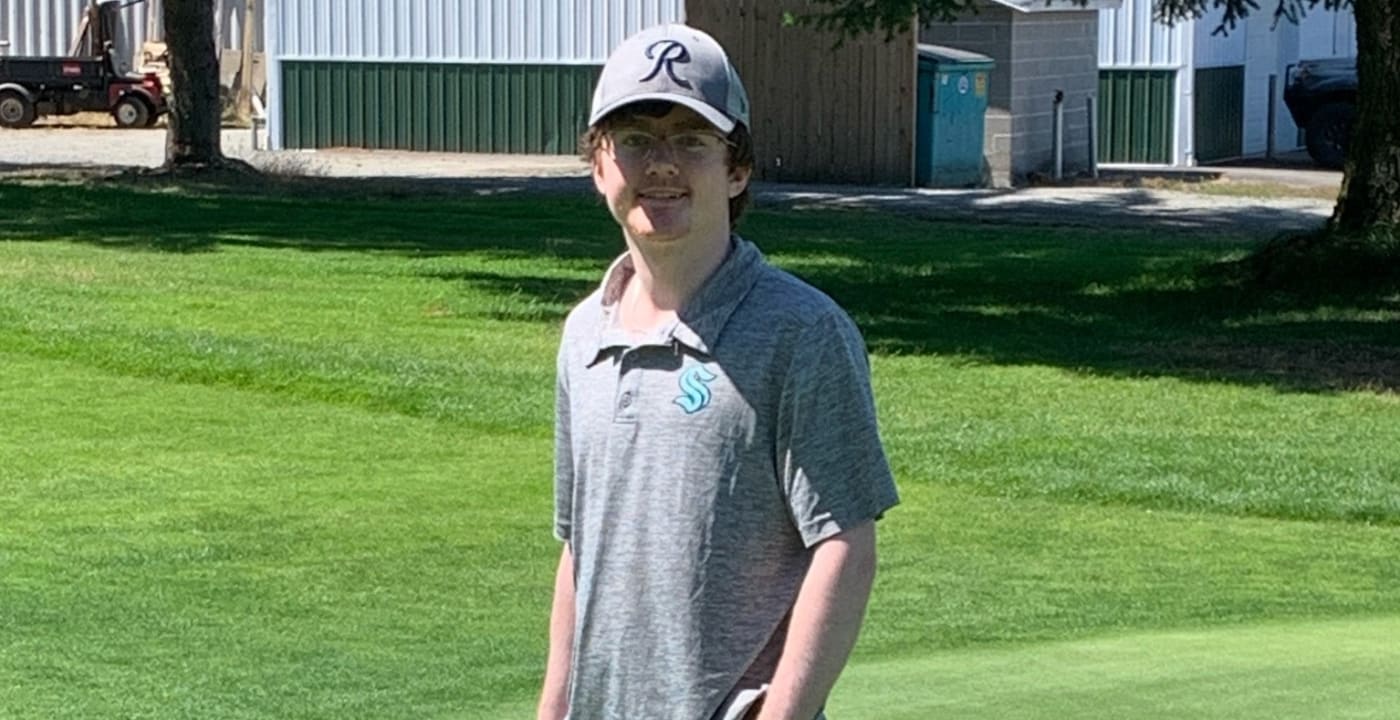Donor-supported treatment paves way for recovery

September is National Recovery Month, a time to celebrate those who have overcome substance use disorder (SUD) and those still on their recovery journey, while raising awareness for needed treatment and resources.
According to the National Institute on Drugs and Addiction, while 40.3 million people in the United States had an SUD in 2020, only 6.5 percent received treatment.
When individuals have access to compassionate, professional SUD help, they can achieve lasting recovery and a healthy future — just like Ryan Williams-Clement.
Finding hope
In October 2022, Williams-Clement arrived at donor-supported Luckett House, a MultiCare Behavioral Health adult residential treatment facility. His challenges with alcohol and mental health struggles had defined much of his last two years, but he walked through the door committed to recovery.
After moving into Luckett House, Williams-Clement began an intensive outpatient SUD program led by MultiCare Behavioral Health substance use disorder professional (SUDP) Sarah Zimmerman. He attended group sessions three times a week, along with one-on-one counseling with Zimmerman.
“Our groups were the best part because of the information Sarah was able to share, the videos she’d bring up, the discussion topics,” Williams-Clement says. “Every time we’d go to group, it was a welcoming atmosphere.”
While working together, Zimmerman saw his deep level of engagement.
“He had some anxiety at first, but then became this amazing group leader,” she remembers. “He has so much to offer the world.” 
Williams-Clement quickly felt at home in his role. He welcomed new members, shared openly and dedicated himself to assignments. Every session became an important part of his recovery journey.
“It was helpful to go to that group and get things out, be open and listen to other people’s stories,” he shares.
A second chance at life
Six months later, Williams-Clement was finding his stride. He had landed a steady job and — with Zimmerman’s help — located stable, substance-free housing. The transformation in his life was unmistakable.
“I was a little lost before,” Williams-Clement says. “I didn’t know where I was going or what I was doing or the direction of the path. Now, I’m saving up for a car; I know where I live; I know how much rent I need to make … Compared to before, it’s kind of incomparable.”
As he prepared to graduate from treatment, Williams-Clement’s final group session celebrated his recovery milestone. He read a goodbye letter to alcohol — his addictive substance — shared his plan to take care of his health, and received affirmations from each group member as they wished him well on his journey.
Zimmerman then presented Williams-Clement with a symbolic coin, a recovery tradition to recognize his progress.
“It’s a big deal for somebody to start the treatment process,” she explains. “But then to stick with it all the way through — a lot of people leave or relapse or don’t come back — so it’s a big deal to complete.”
Treatment is meant to be educational, so SUDPs like Zimmerman stress the importance of finding a long-term support network to maintain health and sobriety.
“That’s my hope for everyone,” she says. “I always tell them, ‘You’re best qualified to help the person you used to be … and you’ve been given an opportunity to learn to live a new life free of addiction.’”
Caring as a community
MultiCare Behavioral Health Foundation supports SUD treatment and services that lead to life-changing recovery. Williams-Clement wants his experience to tell that story.
“I’ve been in some pretty down and dark places, but I’m very far from that now,” he shares. “It just goes to show that mental health can change if you work on it and keep focused.”
Donor generosity helps people like Williams-Clement access the help they need and equips staff to provide high-quality care.
“Recovery is about getting well,” Zimmerman says. “It not only helps the individual get well — it also helps their family get well. It’s a ripple effect that makes our community whole … So, it’s very important we support SUD treatment.”
Williams-Clement has a message of gratitude for past, present and future donors.
“You’re literally supporting hundreds of people a year,” he shares. “I’m one of those, so I’m very thankful.”



